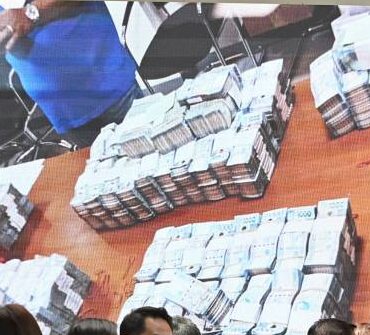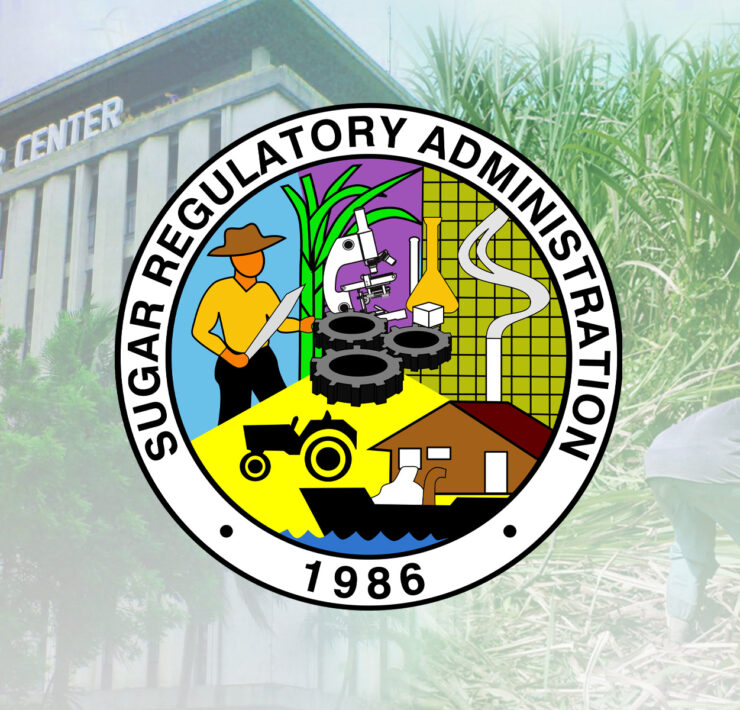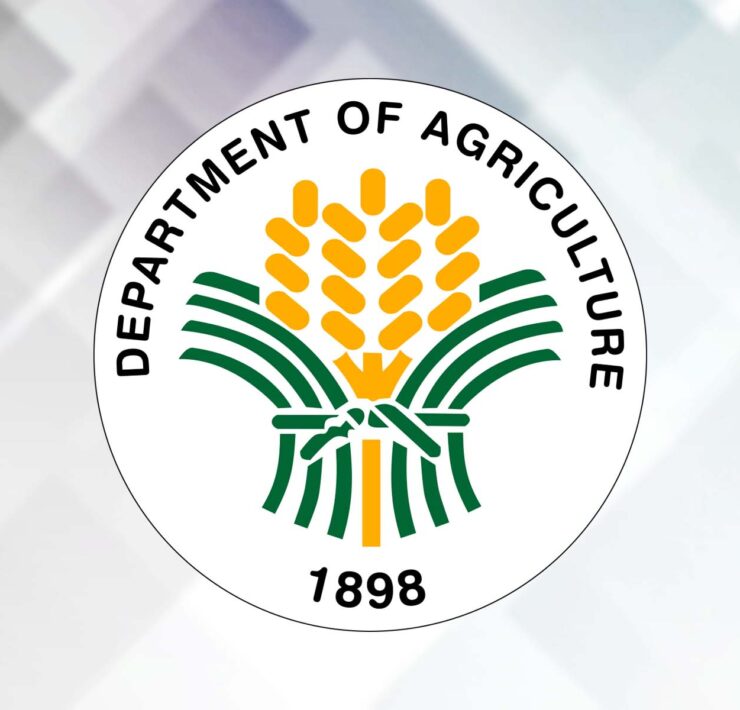Exclude sugar from free trade with EU–farmers

Sugar industry stakeholders seek to exclude sugar from the concessions that the Philippines will offer to the European Union under a prospective free trade agreement (FTA).
The Confederation of Sugar Producers Association (Confed) and the Philippine Sugar Millers Association (PSMA) made the appeal during a virtual Tariff Commission hearing on Tuesday, noting that the sweetener was among the sensitive products under a trade accord.
Confed representative Rosemarie Gumera, a former Sugar Regulatory Administration (SRA) manager, said the local industry did not see any competitive advantage to include sugar in the free trade pact being fleshed out with Europe.
PSMA executive director Jesus Barrera reiterated the group’s position to exclude raw and refined sugar from the accord, citing the EU’s raw sugar processing arrangements.
The Philippines mainly exports raw sugar to the global market.
Barrerra noted that the EU’s existing nontariff measures would still prevent the local industry from capturing the European market despite reduced tariffs.
He also explained that, for instance, the Philippines would need to make a special arrangement with certain companies in Portugal and France—the only two EU countries that produce raw sugar—to process raw sugar exports into refined sugar.
Gumera, however, said that the Confed would discuss the possibility of proposing a specific tariff line for muscovado, which is unrefined or partially refined sugar. She noted it has a different market from locally produced raw and refined sugar.
Representatives from the Department of Trade and Industry’s Bureau of International Trade Relations (DTI-BITR) said they would take these industry insights into consideration for the next round of FTA negotiations with the European counterpart.
The fourth round of discussions are scheduled on Oct. 20 to Oct. 24 in Cebu.
Sugar groups present during the hearing pointed out that many small farmers and workers depend on muscovado production for their livelihood.
Lattice Andriano, representative of the DTI-BITR, said the intention was to wrap up the negotiations, particularly on the market access, by next year.
Philippine exports to the EU amounted to 8.75 billion euros in 2024, 2 percent higher than 8.58 billion euros a year ago, according to the DTI. Top Philippine exports to the EU include digital monolithic integrated circuits, semiconductor devices manufactured from materials on consignment basis and coconut (copra) oil.
On the other hand, the country imported $7.5-billion worth of European products in the previous year, including airplanes and other aircraft.
The prospective FTA aims to expand market access, attract greater investments, improve the business environment, enhance competitiveness and uphold commitments in labor and environment.





















Mangroves matter